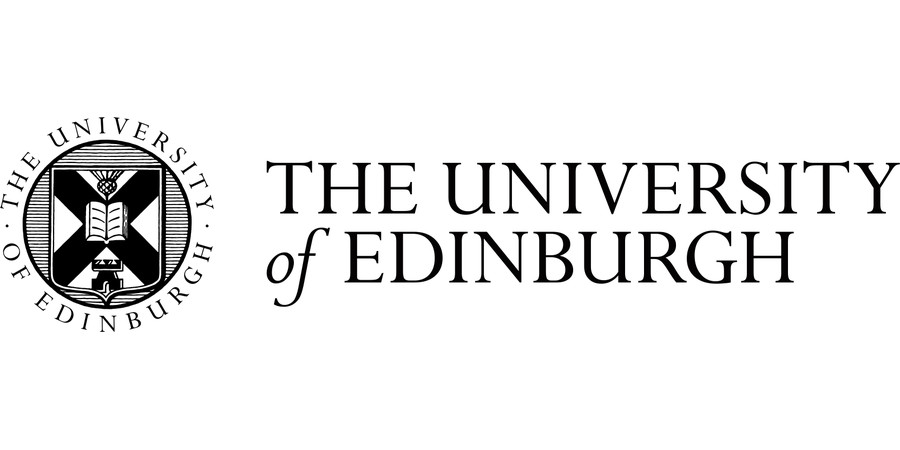EASTBIO - Decipher the Immune Landscape of the Highly Regenerative Mammals - Spiny Mouse (Acomys)
The University of Edinburgh
| Qualification Type: | PhD |
|---|---|
| Location: | Edinburgh |
| Funding for: | UK Students, International Students |
| Funding amount: | £5,000 - please see advert |
| Hours: | Full Time |
| Placed On: | 26th November 2025 |
|---|---|
| Closes: | 15th December 2025 |
Deadline: Monday 15th December, 2025. Competition funded PhD Project.
Supervisors: Dr. Wei-Yu Lu (The University of Edinburgh), Dr. Sofia Ferreira-Gonzalez (The University of Edinburgh)
About the project
Most mammals have limited organ regeneration after tissue damage. Normally, cell turnover is well-regulated, but scar tissue forms during healing, which aids wound closure but inhibits regeneration. This affects both external organs, like skin after burns, and internal organs, such as intestines and liver. Interestingly, some mammals have remarkable regeneration ability, mainly for adapting to the environment and living conditions. For example, naked mole rats have a different immune system and adaptation to low oxygen levels that allows them to live longer underground. Furthermore, spiny mouse can shred their skin as an anti-predatory mechanism, and the skin regrows without scar deposition. It is still unclear how the Spiny mouse has such a remarkable regeneration ability, and it is thought that the immune system may contribute to the scarless regeneration. However, this is still unclear as the field is hindered by the lack of adequate tools to study the scarless regeneration process in detail. The ability to have scarless regeneration sparks great research interests and will provide insights about how we can improve human tissue repair. Humans also have a highly regenerative organ, the liver. The liver can restore to its original mass when 70% of the liver has been resected, but this regeneration mechanism tends to fail during chronic liver injury, which can be affected by diet, lifestyle and age. The adaptive immune response plays a crucial role during chronic injuries.
We aim to study the immune landscape of the regenerative spiny mouse after liver injury and whether we can augment or fine-tune the regenerative response by manipulating the immune system, especially the adaptive immune response. By comparing the regenerative capacity of the Acomys and the scarring immune landscape in mice, we hope to identify the crucial difference in the immune system and signals that determine scar and scarless tissue repair. Eventually, the understanding of these highly regenerative organisms will provide cues for improving human health.
biology.ed.ac.uk/eastbio/how-to-apply
UKRI-funded studentships are available globally, covering UK tuition fees, a living stipend, and an annual £5,000 research grant for the first three PhD years. EASTBIO DTP limits international students to 30%. Eligibility criteria are as per UKRI guidance.
Apply Now:
- Visit the EASTBIO Webpage to download necessary documents.
- Submit your completed application, EDI survey, and academic transcripts to CIR.Postgraduate@ed.ac.uk by the deadline.
- Ensure references are sent to the same email using the provided form.
EASTBIO will hold online Q&A sessions in November/December 2025. Check the EASTBIO How to Apply webpage for details. Incomplete applications will not be considered.
Advert information
Type / Role:
Subject Area(s):
Location(s):









